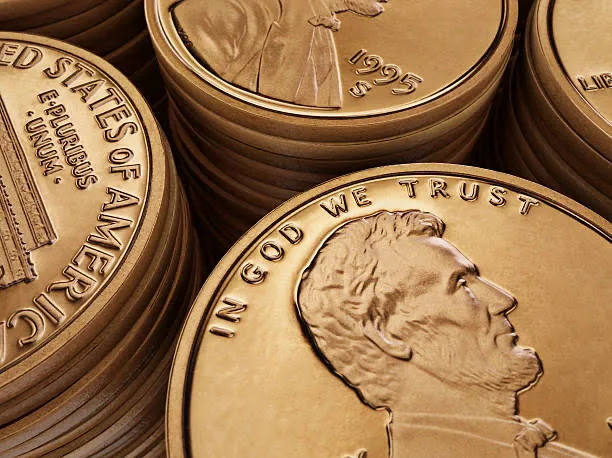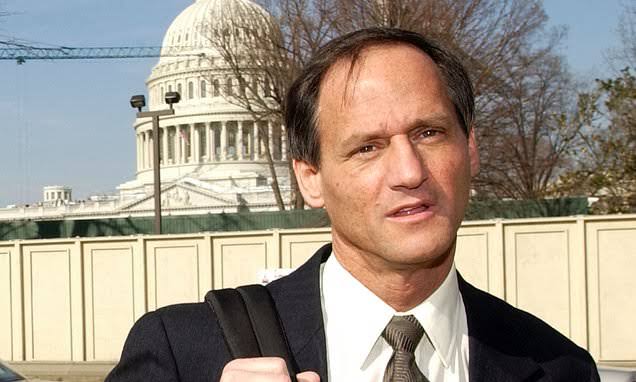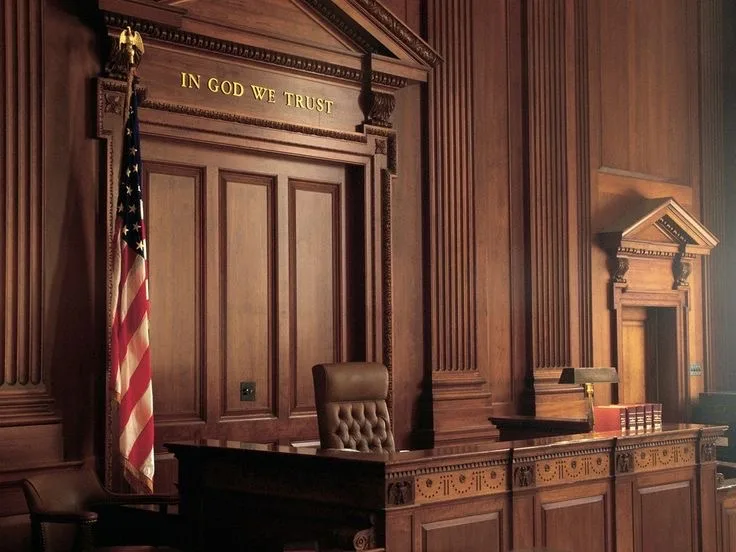On June 11, 2019, the Supreme Court declined an appeal from a group of atheists seeking to remove “In God We Trust” from U.S. currency.
Identified as case 18-1297, it marked the most recent effort by atheist activist Michael Newdow, renowned for his prior battle over “Under God” in the Pledge of Allegiance.
In August of the preceding year, the Eighth U.S. Circuit Court of Appeals unanimously ruled (3-0) against over two dozen atheists, their children, and two associated groups involved in the lawsuit.
They concluded that the phrase did not violate various clauses of the First Amendment, the Religious Freedom Restoration Act (RFRA), or the Equal Protection component of the Fifth Amendment.

The judges emphasized that the motto was deeply entrenched in the nation’s tradition since its inception and was not coercive.
While one judge dissented partially with the majority’s analysis, the overall outcome remained unchanged.
The Constitution does not bar the Government from recognizing and celebrating “our tradition of religious freedom,” even if the action, such as including the national motto on U.S. currency, is influenced partly by religious sentiment.

Adding “In God We Trust” to coins and currency aligns with historical practices.

Acknowledging that convenience may prompt some plaintiffs to carry cash, there is no obligation for them to express trust in God.
A reasonable observer would not interpret the Government’s actions as an attempt to compel citizens to affirm trust in God with every monetary transaction.

Newdow, persistently pursuing similar lawsuits nationwide in hopes of a favorable appellate court ruling, expressed his frustration:
Michael Newdow, representing the plaintiffs, criticized the decision as “utterly revolting,” arguing that the historical denigration of a particular group by the Government should not overshadow the principle of neutrality in analyzing claims under the First Amendment’s Establishment Clause.

Although the outcome was not surprising, dissent has occasionally emerged within judicial ranks. In this ruling, one judge disagreed partially with the majority, and in May 2018, a different judge sided with the atheists.
Newdow’s Pledge case reached the Supreme Court after an Appeals Court voted 2-1 in his favor.
Following the unanimous rejection by the judges and the Eighth Circuit’s refusal to rehear the case, Newdow turned to the Supreme Court, viewing it as an opportunity to bring clarity to the Court’s interpretation of the Establishment Clause.

He argued that the national motto constitutes a clearly exclusionary religious claim and questioned whether the Constitution allows for the disregard of devout atheists.
Newdow contended that the legislature’s selection of “In God We Trust” as the national motto did not aim to honor religion’s broader role but rather favored a specific subset of religion—Monotheism.
He urged the Court to recognize this fact to ensure genuine religious equality and freedom under the Establishment Clause.

However, the justices did not share Newdow’s perspective. Given the absence of a split among lower courts on this issue, the Supreme Court saw no need to intervene.
A case requires the support of four judges to be taken up, which was lacking in this instance. Thus, the Supreme Court dismissed the case without further commentary.
Currently, only three circuits have yet to rule on this matter, indicating Newdow’s likely persistence until he exhausts all his options.
Kindly share this post and drop your comment below!






